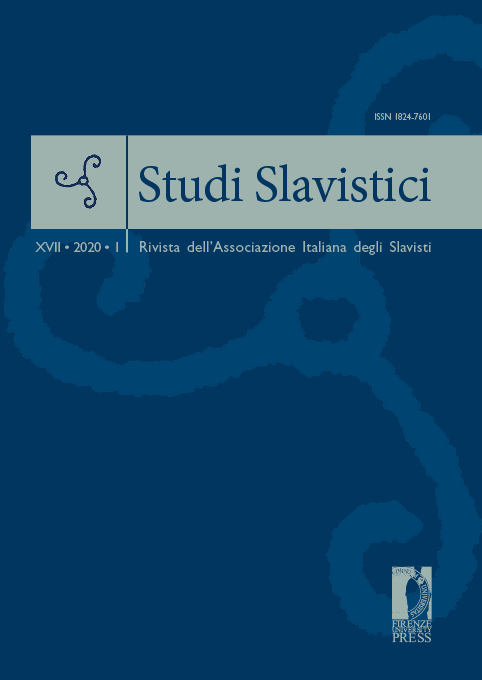Published 2020-05-20
Keywords
- Fantasy Fiction,
- Feminism,
- Saramonowicz,
- Żamejć,
- Cherezińska
Abstract
The article aims at investigating the gynocentric reinvention of Slavic paganism in Polish fantasy fiction by women authors. Such a phenomenon derives from the intersection of two trends that have taken place in Poland during the last decades: the femininization of fantasy fiction and the revival of Slavic myths as a source of literary inspiration. The historical fantasy subgenre, in which fictitious versions of the Middle Ages are combined with folkloric elements, is particularly productive. Writers such as Małgorzata Saramonowicz, Joanna Żamejć and Elżbieta Cherezińska describe the clash between the advent of Christianity and an imagined Slavic paganism, in which women are able to control nature and magic. The analysis of their works shows how women authors rewrite national history to incorporate new visions of femininity into commercial and genre fiction.


